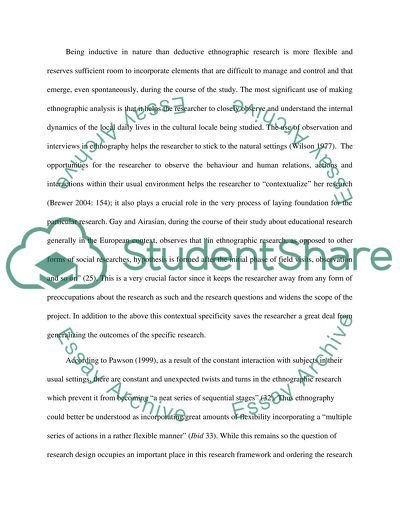Cite this document
(“Drawing on examples of ethnographic studies, critically evaluate the Essay”, n.d.)
Retrieved from https://studentshare.org/environmental-studies/1421456-drawing-on-examples-of-ethnographic-studies
Retrieved from https://studentshare.org/environmental-studies/1421456-drawing-on-examples-of-ethnographic-studies
(Drawing on Examples of Ethnographic Studies, Critically Evaluate the Essay)
https://studentshare.org/environmental-studies/1421456-drawing-on-examples-of-ethnographic-studies.
https://studentshare.org/environmental-studies/1421456-drawing-on-examples-of-ethnographic-studies.
“Drawing on Examples of Ethnographic Studies, Critically Evaluate the Essay”, n.d. https://studentshare.org/environmental-studies/1421456-drawing-on-examples-of-ethnographic-studies.


